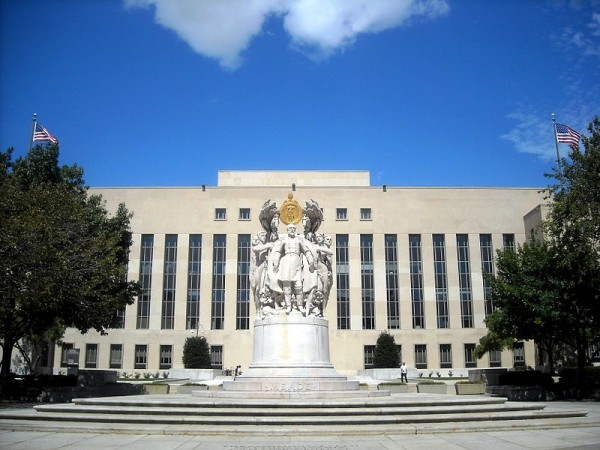Net Neutrality Violates the First and Fifth Amendments

(The following was co-authored with legal associate Matt Gilliam.)
In December 2010, the FCC adopted Preserving the Open Internet, a “network neutrality” order regulating broadband internet access service. Issued under authority (ostensibly) derived from 24 disparate provisions of federal communications law, Preserving the Open Internet is predicated on three basic rules: transparency, no blocking, and no discrimination.
Broadly speaking, “transparency” requires broadband providers to “disclose network management practices, performance characteristics, and terms and conditions of services.” The “no blocking” rule forbids fixed broadband providers from “blocking lawful content, applications, services, and non-harmful devices.” Meanwhile, mobile broadband providers are restricted from blocking “lawful websites” and certain applications. The “No Discrimination” rule prohibits broadband providers from unreasonable discrimination in transmitting lawful network traffic.
The promulgation of the FCC’s network neutrality order will have serious consequences for the constitutional rights of broadband providers. One such provider, Verizon, now seeks to challenge the FCC order in the U.S. Court of Appeals for the D.C. Circuit. This week, Cato joined TechFreedom, the Competitive Enterprise Institute, and the Free State Foundation, on a brief urging the court to uphold Verizon’s First and Fifth Amendment rights.
We first argue that the FCC order violates broadband providers’ First Amendment rights by compelling speech, forcing them to transmit messages from content providers that they might not wish to convey, preventing them from transmitting messages they want to convey, prohibiting them from exercising editorial discretion, and generally restricting the mode and content of their communications. Because the order singles out certain speakers, it demands “strict scrutiny,” which it cannot survive because it neither serves a compelling governmental interest nor is narrowly tailored. We next argue that the FCC order violates broadband providers’ Fifth Amendment rights by subjecting them to physical and regulatory takings. The FCC order enacts a physical taking by granting the content providers an unrestricted right to occupy property while slicing through the bundle of property rights broadband providers enjoy as network owners. The order essentially gives the content providers unlimited use of the network owners’ physical property without any compensation, forbidding the rightful owners from exercising their right to control the use of their property and exclude others.
Furthermore, in forcing network owners to give network space to content providers, the regulation shifts costs to consumers, discouraging them from using broadband service and thus diminishing the network’s economic value. The FCC order also constitutes a regulatory taking because it prevents broadband providers from attaining their networks’ full economic value and subverts network owners’ reasonable investment-backed expectations. Finally, we argue that the FCC’s assertion of authority to regulate the Internet is a dangerous aggrandizement of agency power. In sum, while seeking to benefit content providers, the FCC has promulgated a regulation that violates the First and Fifth Amendment rights of broadband providers.
The case of Verizon v. FCC will be argued at the D.C. Circuit later this summer.
–
This article, originally published at Cato at Liberty by Ilya Shapiro, is reprinted with permission from the Cato Institute.




